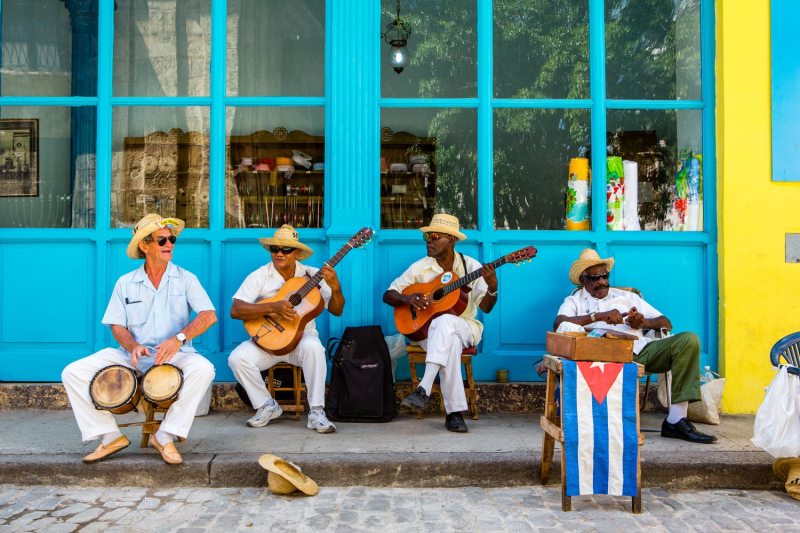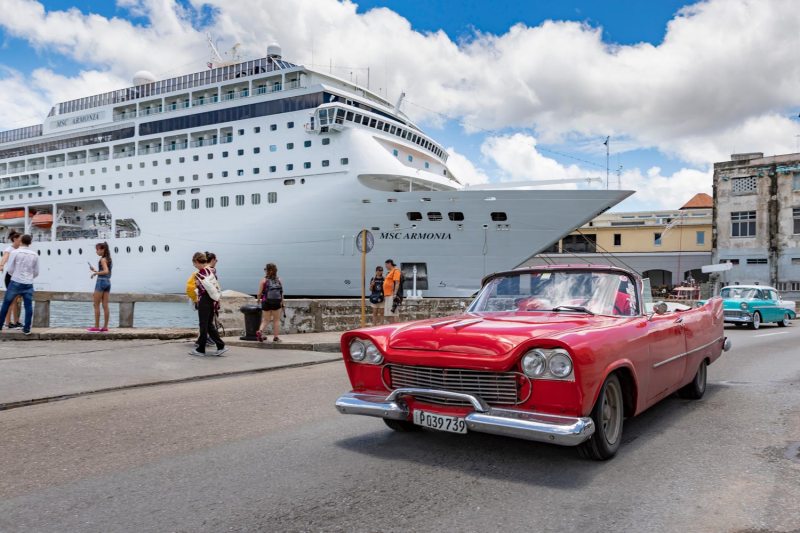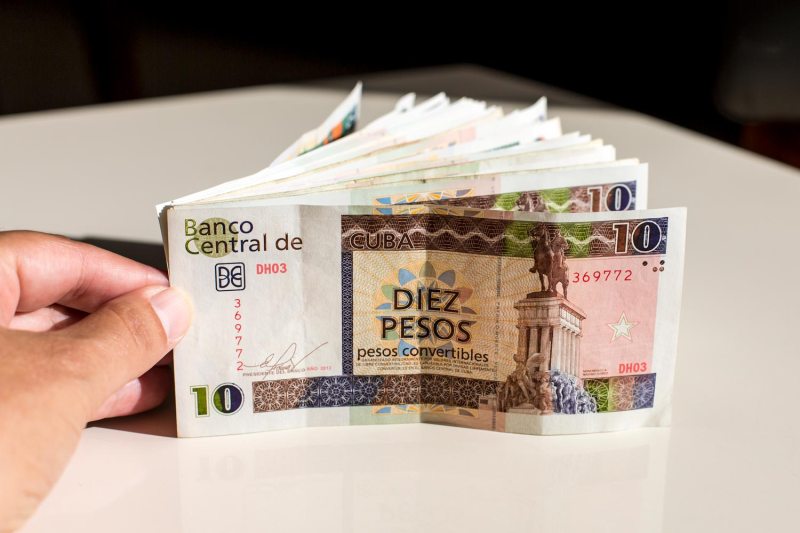Cuba’s relationship with the U.S. has been strained for as long as most of us have been alive. Obama tried his damnedest to open things up to American travelers. Then Trump clamped down hard, making it more difficult. Then, it became a little easier and, now, it’s harder yet again, thanks to newly imposed sanctions against the Caribbean nation. If you’re confused, you’re not alone. As of mid-2019, here’s what Americans should know before booking a trip to the land of great rum, classic cars, and heavenly cigars.

You Can’t Visit Cuba as a Tourist (Not Officially Anyway)
There are now 11 (formerly a dozen) official categories of travel authorized by the U.S. government’s Office of Foreign Assets Control for American citizens looking to visit Cuba. According to the U.S. Embassy website, these are: “family visits; official business of the U.S. government, foreign governments, and certain intergovernmental organizations; journalistic activity; professional research and professional meetings; educational activities; religious activities; public performances, clinics, workshops, athletic and other competitions, and exhibitions; humanitarian projects; activities of private foundations or research or educational institutes; exportation, importation, or transmission of information or informational materials; and certain authorized export transactions.”
Further Reading
- Cuban Cigars: Everything You Need to Know about the Truth Behind the Legend
- Classic Cuban Cars to Take You Back in Time
- Rum 101: An Introduction to the Different Types of Rum and How They’re Made
The one glaring omission here is travel as an official “tourist.” This category of travel — formerly known as “people-to-people” — is no longer authorized by the government according to new sanctions that took effect June 5, 2019. This category was originally designed as a way for Americans to make meaningful connections with Cuban individuals and small businesses. It was the most popular for group trips and leisure travel. But, the Trump administration is once again taking a hard line against Cuba to keep U.S. dollars out of the hands of the country’s military.
Tourists can technically still visit under another category of travel, provided their trip is primarily about education, humanitarian work, or research. Each of these includes a broad range of authorized activities. However, the easiest way to ensure you’re visiting Cuba by the book is to travel with a licensed tour guide or group.
American Cruises to Cuba Are a No-Go
After the loosening of sanctions just a few years ago, a number of major cruise lines announced new itineraries with stops in Cuba. But these new sanctions immediately shut the door on Cuban ports of call for American cruises. Many lines had itineraries booked through 2021 — all of which are no longer legal. Commercial air travel, however, will remain mostly unaffected.

Get Your Paperwork in Order Well in Advance
Unfortunately, both the U.S. Embassy and Department of State play no role in helping American citizens secure travel visas (also known as a Cuban Tourist Card). Travelers who require a visa to Cuba will need to apply directly through the Embassy of the Republic of Cuba in Washington, D.C. Not surprisingly, the Cuban government is notoriously slow and bureaucratic, even by U.S. government standards.
The U.S. government also requires travelers to have a General License to visit Cuba. This doesn’t actually involve any paperwork as there is no corresponding printed license. It simply requires travelers to declare that they are traveling within one of the permitted categories of travel mentioned above.
Internet Access Is Extremely Limited
Although internet access is getting better, particularly in Havana, the country remains one of the least connected in the world. Because the service is prohibitively expensive, the vast majority of Cuban homes still aren’t wired for it. Most sites that cater to tourists — including hotels and restaurants — also lack service.
Travelers need to purchase a prepaid NAUTA card (with a scratch-off username and password) before logging in. Rates for foreigners are fixed at 1 CUC (USD $1) per hour when purchased from a state-run ETESCA telecommunications office, or substantially more (as much as 12 CUC per hour) when bought from a hotel. A full list of all 725 internet-enabled locations in Cuba is available on the ETECSA website (Spanish language only). The best place to find service is in the lobby of most larger hotels in Havana. Be prepared, however: The service at even the best sites can be maddeningly slow and unreliable.
American Credit Cards Don’t Work in Cuba
Although Americans are now allowed to visit Cuba, the laws governing credit card use in the country still haven’t caught up. Almost all credit and debit cards issued from banks in the United States will not work anywhere in Cuba. What’s worse is that stories abound of travelers having their cards frozen and confiscated while traveling in the country. Which is why …
You’ll Need to Bring Plenty of Cash
Without the ability to make ATM withdrawals in Cuba, Americans need to carry plenty of money (approximately USD $50-100 per person per day) to last the duration of their trip. Remember: If you run out of cash in the middle of your trip, you’re out of luck! While this theoretically makes Americans easy marks for pickpockets and thieves, incidents of crime in Cuba are rare. Larger, upscale hotels always offer in-room wall safes, and smaller hotels and casa particulares (guesthouses) often provide them as well.

Cuba Has Two Currencies
To further complicate things, Cuba has two currencies. Locals rely on the Cuban Peso (CUP) while foreign tourists use the Cuban Convertible Peso (CUC). CUCs (known locally as “cooks”) are pegged to the American dollar at a 1:1 exchange rate. To the untrained foreign eye, however, the two notes look similar. Be sure, whenever exchanging money, that you’re getting CUCs in return. Scams abound involving hustlers exchanging American dollars for lesser CUPs. For reference, as of July 2019, 1 CUP = less than USD $0.04.
Health Insurance Is Mandatory for Foreign Visitors
Technically, traveler’s health insurance is compulsory for all foreign visitors to the country and immigration officers can request proof upon entry. However, in practice, we find that this is rare. Either way, most airlines (including Southwest) include the required insurance with the purchase of every flight to Cuba. If for whatever reason, you find yourself without it, inexpensive policies can be purchased at the airport upon arrival.
Practice Patience
By American standards, life in Cuba can feel frustratingly slow. The country — particularly outside of Havana — has a long way to go toward full modernization. Things break down regularly, whether it’s the taxi you’re in, the ice machine at the restaurant, or the hot water for your shower. So, it’s important to be patient and not expect everything to go exactly as planned. Because it won’t. Just chalk it up as a memorable part of the journey.


